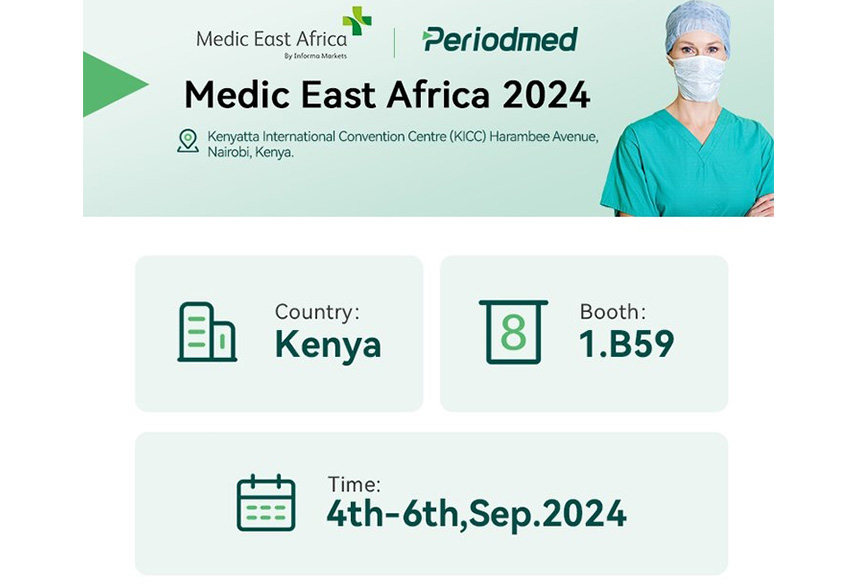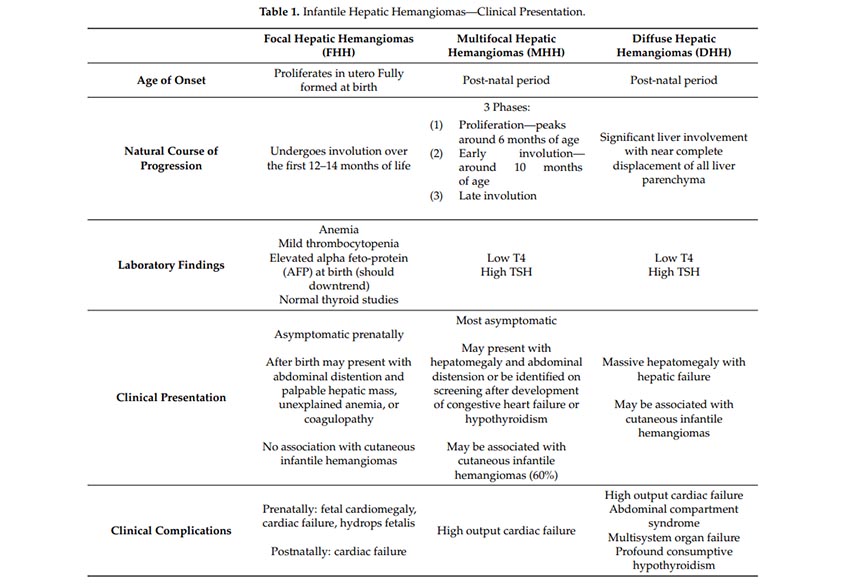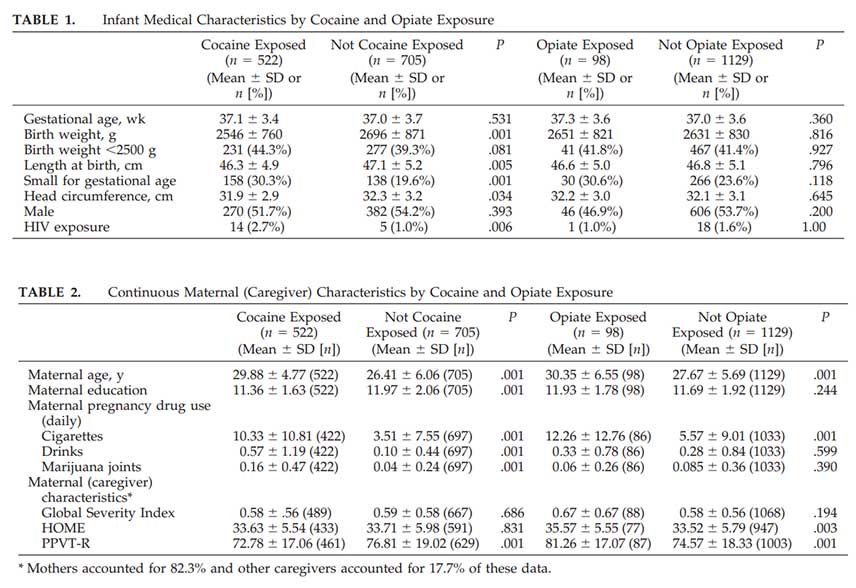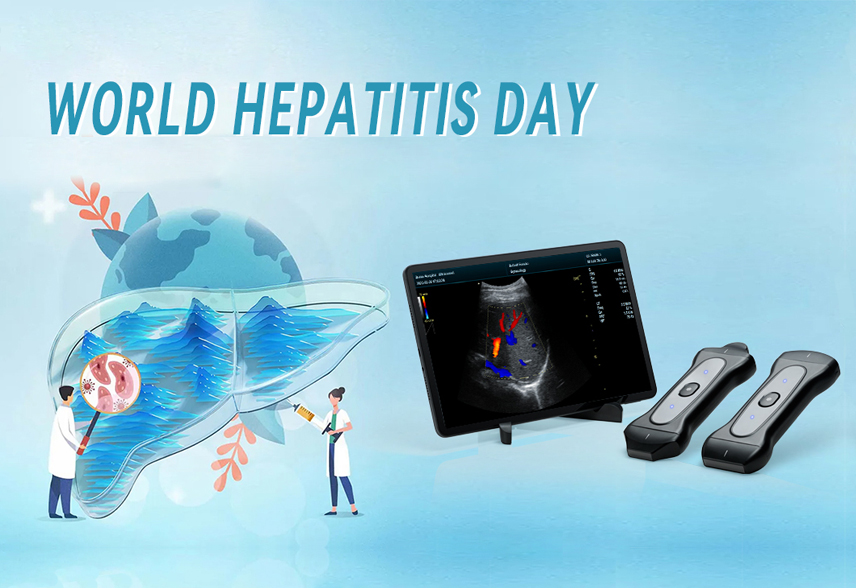
With the theme "Hepatitis: Let’s Break It Down", World Hepatitis Day 2025 raises our awareness of hepatitis elimination. As part of the health community bringing care to 354M+lives affected by hepatitis, Periodmed has been dedicated to ending this public health problem with superior diagnostic ultrasound equipment R&D and manufacturing.
To reduce the possibility of liver damage and cancer risk, early detection provides more actionable insight for both healthcare pros and patients. That's where Periodmed's handheld ultrasound solutions could come in.
Here are TOP reasons why customers choose us
Flexible to use: Our handheld ultrasound product can be accessible everywhere clinicians go, so they can use it for liver ultrasound or other specialities any time any where no matter in hospitals, at home and more.
Accurate Imaging: Advanced imaging technology provides practitioners clear pictures of liver structure and lesions, providing reliable imaging details for confident diagnosis.
Wide application: Suitable for routine physical examination, hepatitis review, initial diagnosis of diseases, etc., to meet different needs.
Real-time diagnosis: Let clinicians access observe imaging in real-time so that they can quick make preliminary diagnosis decisions.
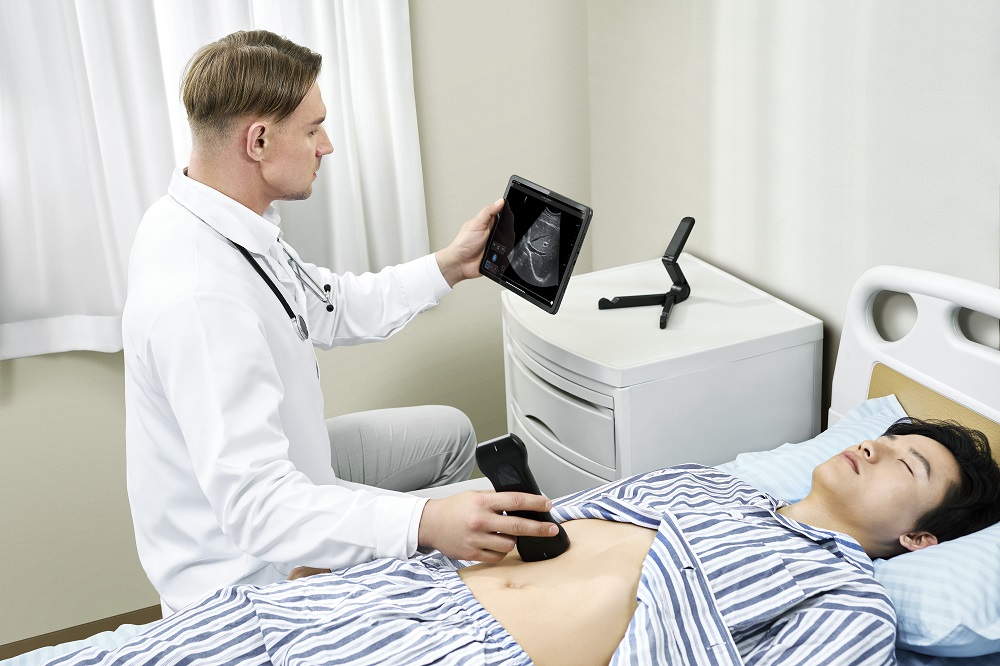
Types of Viral Hepatitis
Hepatitis A
Hepatitis A virus mainlyrefers to acute hepatitis. Almost all infected people can fully recover and obtain lifelong immunity after treatment, but a small number of hepatitis A infected people will still die from severe hepatitis.
Hepatitis B
Hepatitis B virus can cause acute or chronic hepatitis B. Long-term carrying of the virus causes continuous damage to the liver, and studies have proved that hepatitis B virus infection is the main cause of liver cancer patients in Asian countries.
Hepatitis C
Hepatitis C virus can cause acute or chronic hepatitis, and direct antiviral drugs can cure more than 95% of people infected.
Hepatitis D
Hepatitis D virus relies on hepatitis B virus to replicate. It is often associated with hepatitis B infection, which can accelerate liver disease-related deaths and the development of liver cancer, thus considered as a severe form of chronic viral hepatitis. People susceptible to hepatitis B and hepatitis D co-infection include residents of high-endemic areas with hepatitis D, hemodialysis patients, and injecting drug users.
Hepatitis E
Hepatitis E is mainly transmitted through the digestive tract, i.e. through ingestion of contaminated water and food. Pigs are the main animal reservoir for hepatitis E virus and can be infected through contact with or consumption of undercooked pork.
To prevent hepatitis, hepatitis A, hepatitis B, and hepatitis E vaccines can be administered. What's more, pay attention to dietary hygiene to prevent the spread of hepatitis A and E through the digestive tract. Cut off blood, mother-to-child and sexual transmission routes to prevent hepatitis B, hepatitis C and hepatitis D. Regular check-ups are also key.
4 Tips You Should Know If Hepatitis is Detected
If you find yourself have liver disease, don't panic and try to get your liver back healthy by following these 4 tips.
Identify the type of liver disease
First of all, it is necessary to identify the type of liver disease you are suffering from. At present, the common factors of liver disease include drugs, alcohol, fatty liver, metabolic diseases, viral infections, etc. Further detection of liver damage can be done with advanced cart-based ultrasound machines.

Stick to treatment
When liver disease occurs and is actively treated, the condition can be stabilized. Otherwise, the disease is likely to get worsen and even deteriorate into liver cancer. Symptomatic treatment of liver disease must be emphasized.
Keep a healthy diet
After the occurrence of liver disease, it is not only necessary to actively treat it, but also to pay attention to a healthy diet, and eating reasonably is the key to improving liver disease. Eat irregularly, and avoid spicy, pickled and moldy foods.
Rational medication
At present, there are many drugs for the treatment of liver disease, and the choice of appropriate drug treatment directly affects the recovery of the disease. Do not blindly use medicine, it is best to follow the doctor's instructions to choose drugs after detection.
Wrapping Up
On this world hepatitis day, let's raise awareness of viral hepatitis a global health problem affecting over 300 million lives. Click here to find out more about our ultrasound solutions for liver detection, which have been trusted by customers across Asia, Africa, Latin America, Europe and more.

















 EN
EN CN
CN
